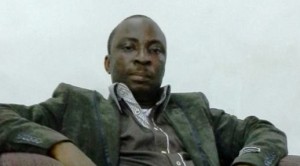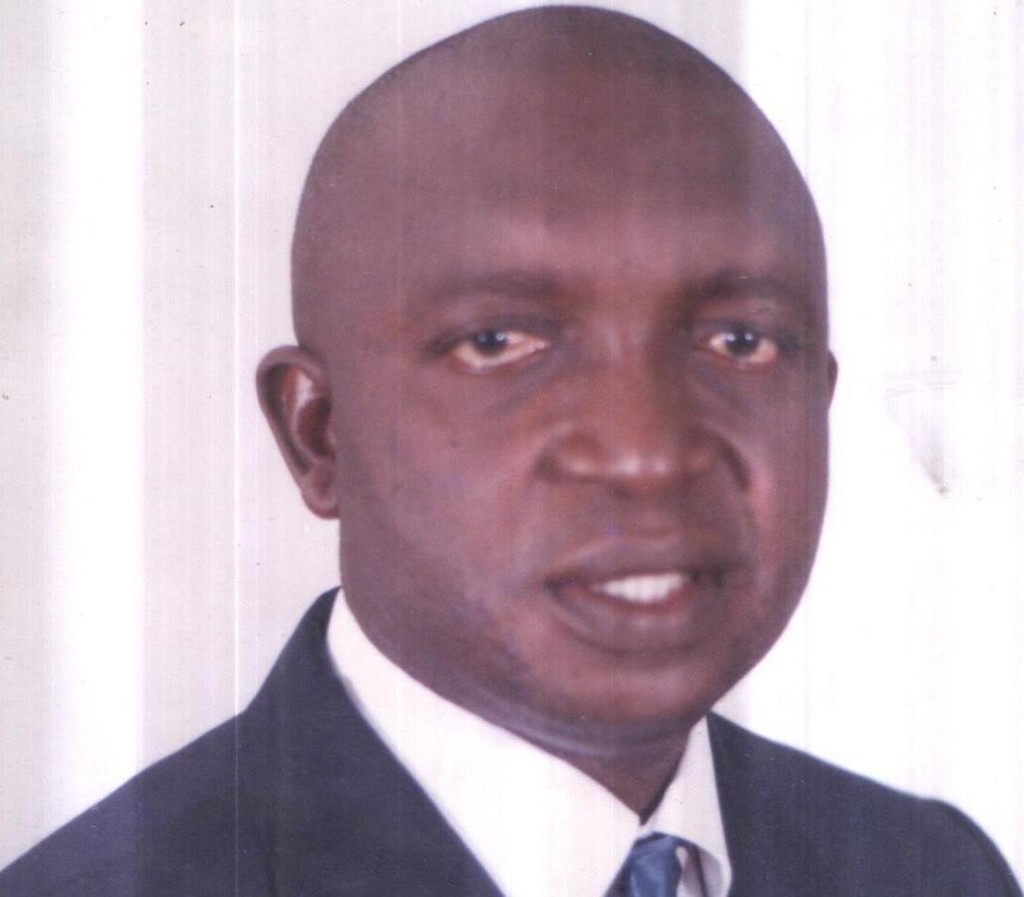 It is no longer news that the implementation date for the federal government’s auto policy has again been postponed to commence in April 2015 having been previously postponed on two occasions in the year 2014.
It is no longer news that the implementation date for the federal government’s auto policy has again been postponed to commence in April 2015 having been previously postponed on two occasions in the year 2014.
The first was when the Federal government had to shift the implementation date for the policy from around February, 2014 when the agents protested the implementation of the new policy to July 1, 2014 and subsequently to January 1, 2015.
But the latest shift in the implementation date for the policy had been variously interpreted to mean so many things by the stakeholders in the maritime sector where some were of the opinion that the shift was a political calculation by the ruling federal government to win votes from Nigerians in the coming elections after which it would go on to implement the policy when there was nothing to ask from Nigerians.
Others were of the opinion that the shift should be extended further to around next five years to give room for more planning as according to them, Nigeria was not fully prepared for the policy as there was nothing on ground to show that the assembling plants were ready to roll out vehicles that would serve the needs of Nigerians.
However, a frontline Customs agent, Sir Tony Anakebe saw the shift in a different light as he posited that the shift was to enable the federal government plan better before going ahead to fully implement the Policy.
He averred that the fact that this year’s budget was not ready yet as well as the fact that most of those companies licensed to manufacture and assemble vehicles in the country were not ready with the new vehicles they were expected to produce was enough to shift the commencement date for the policy.
According to him,” with the non readiness of the budget, I believe the best thing the federal government can do is to shift the auto policy a little further. I think by this month or next, the budget will be ready before the implementation of the auto policy and now it will help government in shaping the economy to their expectation from the maritime sector and in the internally generated revenue that will come from the customs”.
“So, I believe what they did was the right thing, they have to put some of these things in place before the commencement of the policy”.
On whether the agents will still protest the policy when it is finally implemented in April, he recalled that the policy was a government policy as such they would have no other option than to comply with the policy having protested the policy in the past and made their opinion on the policy known to the government stating that if the government decides to go ahead with the policy, it was up to it.
While admitting that manufacturing vehicles in the country would be to the benefit of the country and its citizens, he was however concerned with the structures put on ground so far by the government to cushion the effect of the policy on Nigerians pending when it finally stabilized.
He noted that failure to do a proper feasibility studies before the commencement date may see some of the vehicles destined to Nigeria diverted to the ports of the neighbouring countries and eventually find their way into Nigeria through the borders and bush paths.
Also speaking, a former Chairman, Association of Nigerian Licensed Customs Agents (ANLCA) Tincan Island Chapter, Dr. Kayode Farintho believed that the shift had a political undertone adding that whether President Goodluck Jonathan lose or win the forthcoming Presidential poll, he would still implement the policy in April.
According to him,” it is a kind of Mr. President wants to please the stakeholders, the maritime stakeholders knowing full well that we will not vote for him with this auto policy and he thought,” let us give them carrot and hold the stick, when April comes, having gotten their mandates, I will now give them the big stick”. It is logical; it is a common sensical thing”.
“Definitely, it has a very big political undertone; Mr. President should not fool us. We all know that whether he likes it or not, come April, he will still implement this auto policy”.
Farintho who maintained that the policy was a very good policy ideologically but lacked substance in implementation believed that the policy should have an incubation period before implementation.
He queried the preparedness of the manufacturing plants and their activities in the last three years pointing out that he was looking at the policy as capable of creating monopoly in the auto market in Nigeria.
“I am looking at the policy as going to create monopoly in the sense that those so called auto firms or auto assembling plants now have an edge over some of the importers because they can bring in their consignments, their fully assembled vehicles on zero percent then the individuals that are bringing in must pay levy”.
“So, the so-called auto policy is a policy that cannot work with the economy of the country now. It is a policy that will work in Nigeria in the next seven years and how do you do that? It is a strategic thing that must be implemented on a phase to phase level”, he said.
He noted that he had expected a situation where the federal government would demand that from this year, individual importers would pay both levy and duty whereas the auto assembling firms would only pay duty with a condition that if they are importing two hundred vehicles into the country, they must be ready to assemble fifty in the country so as to create employment for Nigerians.
He continued,” but this one you are making it a blanket thing, very few people who are privileged to have access to Mr. President, not more than four or five of them will want to create a monopoly which is not good for our economy. Don’t forget that the man that will suffer it will be the final consumer”.
“The question is, in the last seven years, we have been collecting the National Automotive Council levy, what has happened to that levy? Who has collected it? This has amounted up 3 Trillion Naira, who is in charge of that levy? This same man that is saddled with the responsibility of implementing this policy was in charge of that levy. It is unfortunate that Nigerians are not asking questions”, he added.

